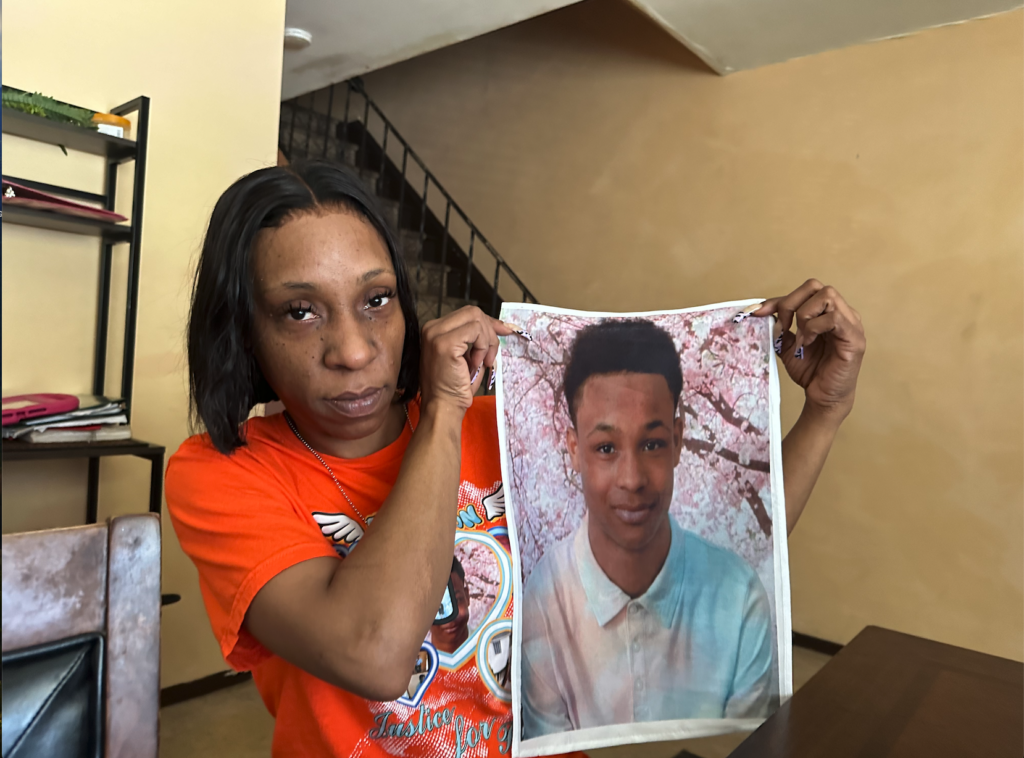Phillips Avenue English as a Second Language classes are a ‘wild’ event

Donna Elmore, a fifth grade teacher in the Riverhead School District, advised students and teachers entering her classroom Thursday morning to be safe when viewing the animals that were sitting in a circle on desks in the center of the classroom.
“Don’t touch the animals,” she said. “They’re wild, they might bite.”
Sounds like a zoo, right? Not quite.
The “animals” were soon-to-be-first graders at Phillips Avenue Elementary School’s English as a Second Language summer program. The young children wore visors decorated by Ms. Elmore to look like animal faces and recited information about whatever animal they were sporting on their heads.
Ms. Elmore said the exercise would teach the other students from different backgrounds about animals and help the young kids’ ability to read and speak English.
Ms. Elmore said Phillip’s Avenue Elementary school principal Debra Rodgers “wanted to make the ESL programs fun, even though you’re doing curriculum.
So I was like, ‘I’ll do a theme every week,’ ” she said.
This week’s theme was “Welcome to the Jungle.”
The ESL students said they were excited to learn about the animals. Others loved seeing their friends who came to visit.
“This is the best day ever!” exclaimed five-year-old “zebra” Christopher Velasquez to his “boa constrictor” friend sitting next to him, five-year-old David Perez.
Ms. Elmore said she created invitations for faculty members at the school to bring their classes to visit the “animals.” A new class came every five minutes for the first hour of the school day Thursday.
The four-week program has seen increased enrollment recently in accordance with rising ESL enrollment in the district, Ms. Elmore said. Just 11 students enrolled in the class five years ago, but this year, Ms. Elmore said she had 20 apply, though about 14 actually attended the classes.
Ms. Elmore said the district’s growing summer program brings students from all four elementary schools in the district — Phillips, Aquebogue, Riley and Roanoke — together, allowing them to form new friendships.
It also, of course, further enforces the students’ ability to speak two languages, she said.
“I think [knowing] two languages is very, very important,” Ms. Elmore said, adding that she encourages the students to speak their first language at home rather than the English they learn in school.
“I always tell them ‘when you go home speak your language’ because I feel it’s very important for these students that are learning English to keep their [native language] because…I know a lot of them that lost their [native language] and are speaking only English,” she said. “When they go to their country they can’t speak anymore with their grandparents or anybody.”








